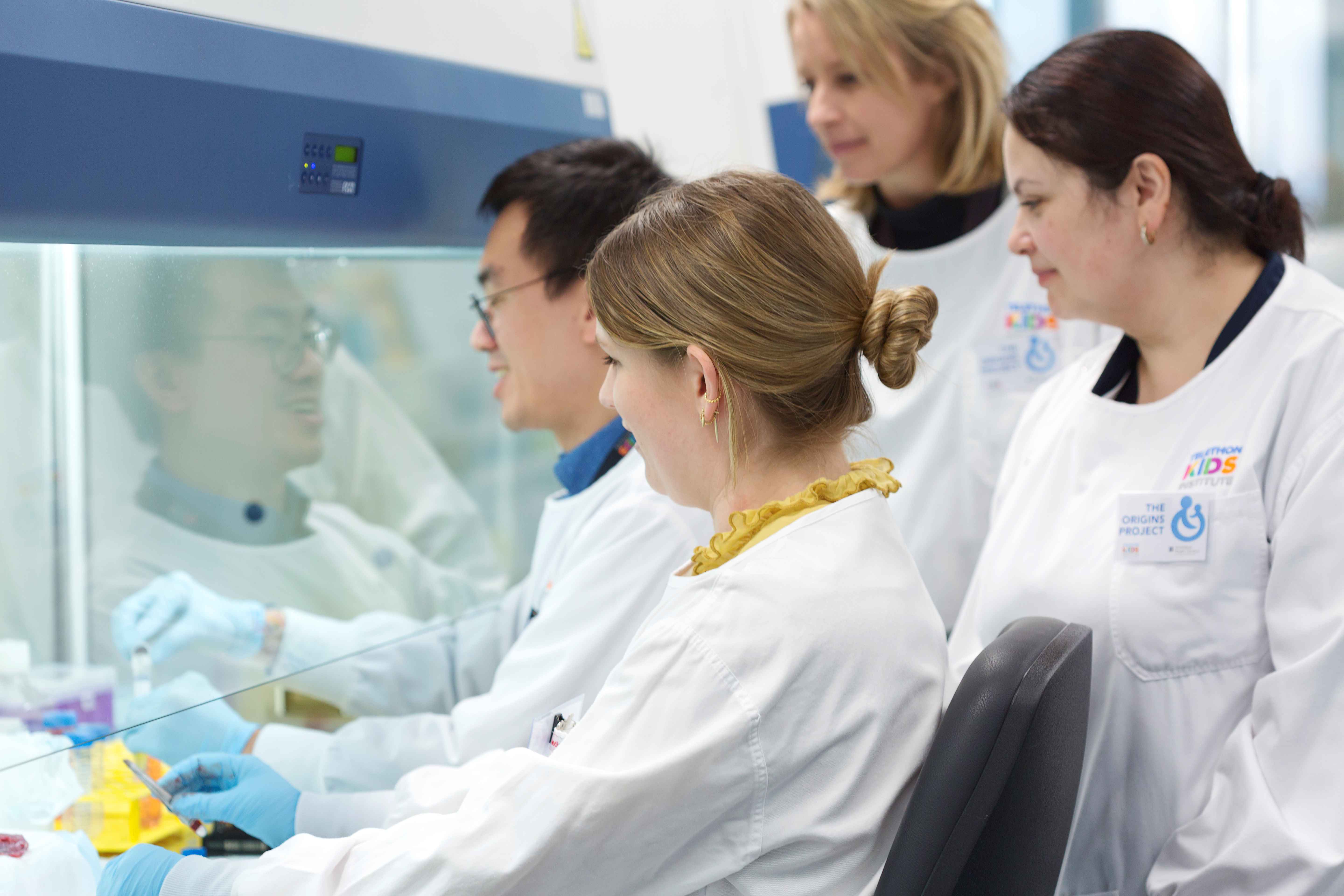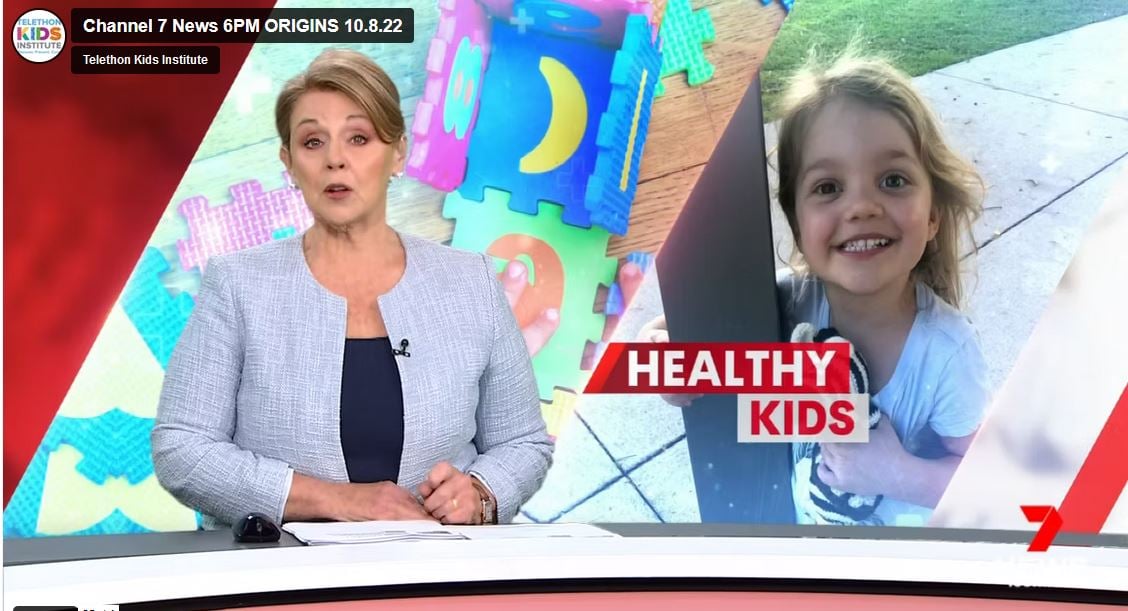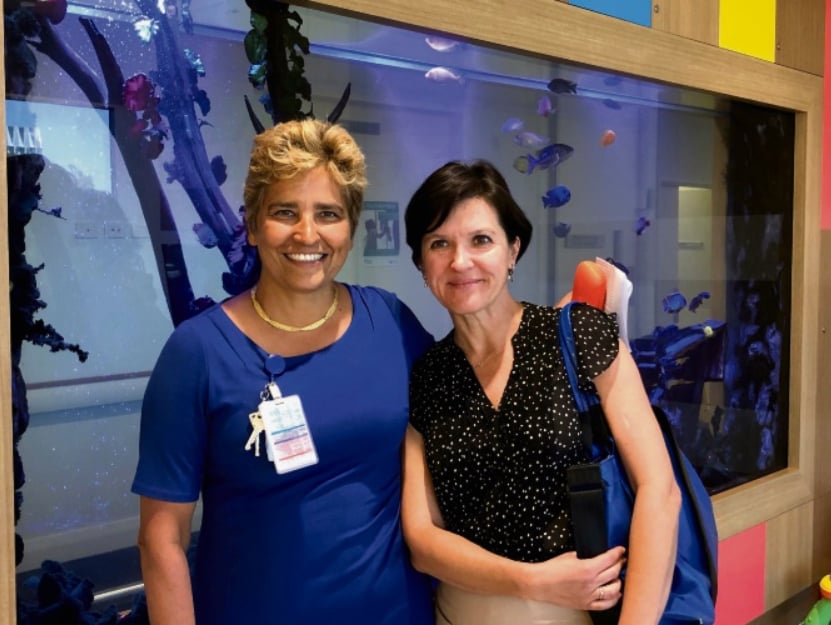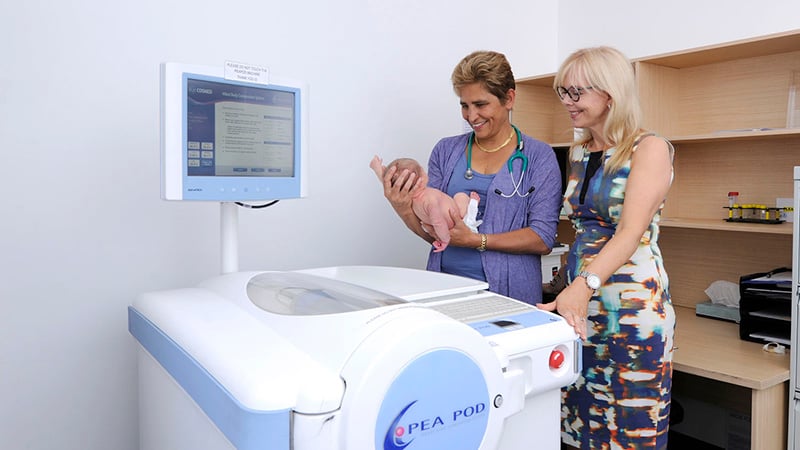Search
Research
Neck/shoulder pain is more strongly related to depressed mood in adolescent girls than in boysA cross-sectional study of 1258, 14 year old girls and boys used self-report and physical examination measures to assess neck/shoulder pain in the last...
Research
Population-based trends in pregnancy hypertension and pre-eclampsia: an international comparative studyThe objective of this study was to compare international trends in pre-eclampsia rates and in overall pregnancy hypertension rates...
Research
Immediate and Longer Term Immunogenicity and Safety of a Single Dose of the Combined Haemophilus influenzae TypeHib-primed but MenC-naive toddlers (N = 433) were randomized to receive 1 dose of Hib-MenC-TT or separate Hib-TT and MenC-CRM197 vaccines.
Research
Analysis of dyslexia candidate genes in the Raine cohort representing the general Australian populationWe have conducted an association study in a novel sample derived from the Australian population to further investigate the role of dyslexia candidate genes.

News & Events
Shopping For Data to Drive DiscoveriesWhat if researchers could shop for different data to help uncover how, when and why chronic conditions such as asthma, obesity, allergies and poor mental health develop?

News & Events
ORIGINS Ch7 News StoryORIGINS featured on Channel 7 News recently with two family stories of how ORIGINS changed their lives.

News & Events
Tips for protecting your baby in the summer heatPaediatrician Dr Lana Bell shares her top tips for keeping your baby or toddler cool, well-hydrated and protected as the temperature soars.


News & Events
Hong Kong researcher highlights importance of nature for children during Joondalup Health Campus visitJoondalup Health Campus welcomed international researcher Dr Tanja Sobko to share her research on the link between mental health and time spent in nature.

News & Events
Early ORIGINS: Disease prevention starts with the early yearsThe Joondalup Health Campus and The Kids are investigating how childhood and adult-onset diseases can be prevented during foetal development and in the early years of life.
